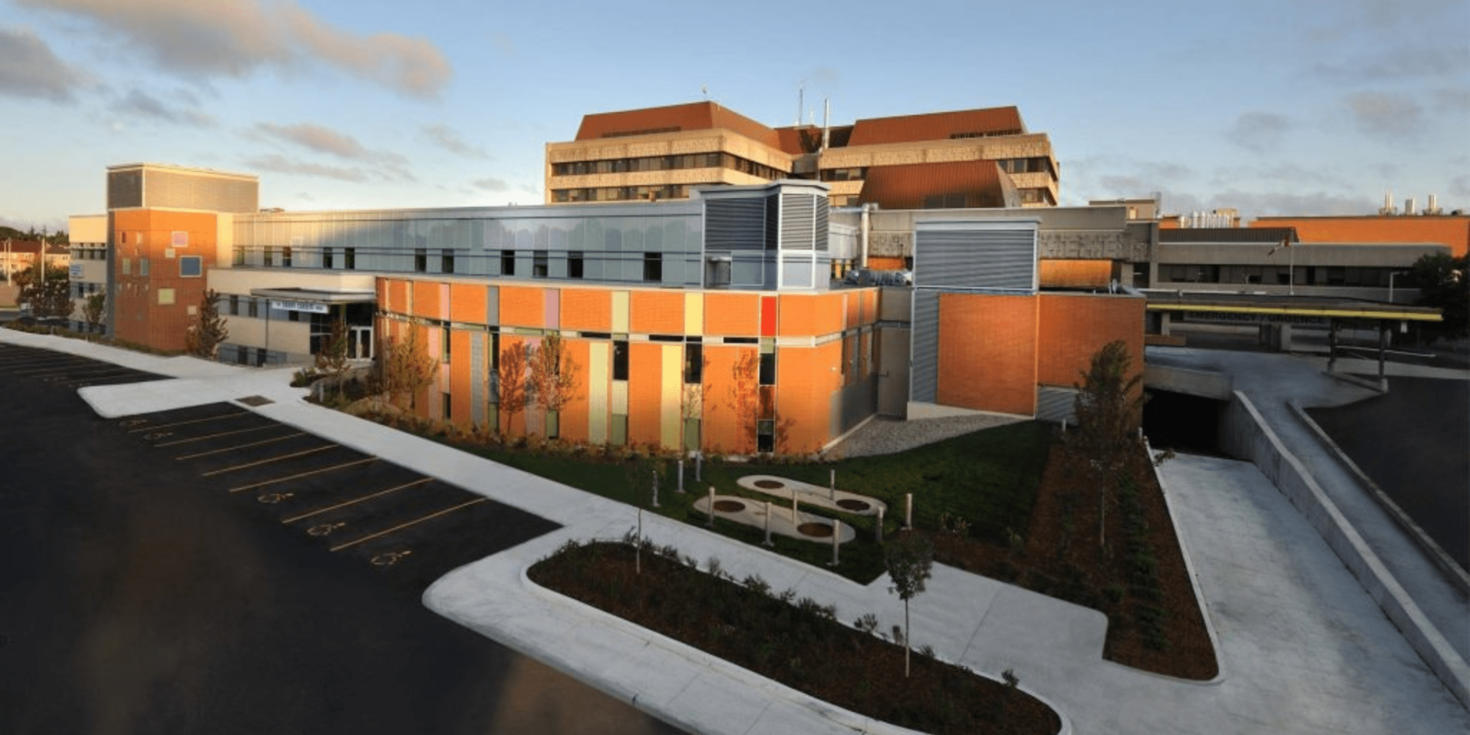Service is also provided through the Ottawa Children’s Treatment Centre (OCTC) which services individuals within Ottawa, Renfrew, Stormont Dundas and Glengarry, Prescott Russell, as well as Northern Leeds, Lanark and Grenville.
This division evaluates, treats and advocates for children with physical, cognitive and behavioral challenges associated with the diagnosis of cerebral palsy, spina bifida, acquired brain injury, neuromuscular diseases, pediatric limb deficiency, burns, multiple trauma and a variety of musculoskeletal conditions. Our mission is to help children with these conditions reach their full functional potential. We practice family-centred care using a team approach which is supported by scholarship in education and research through the Faculty of Medicine at the University of Ottawa.
Our teams vary depending on diagnosis, acuity and site of service, but often include a pediatric rehabilitation medicine specialist, multiple health care professionals (eg. physiotherapists, occupational therapists, speech and language pathologists, psychologists and social workers), administrative support and research personnel.
